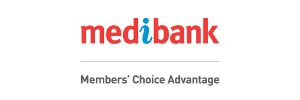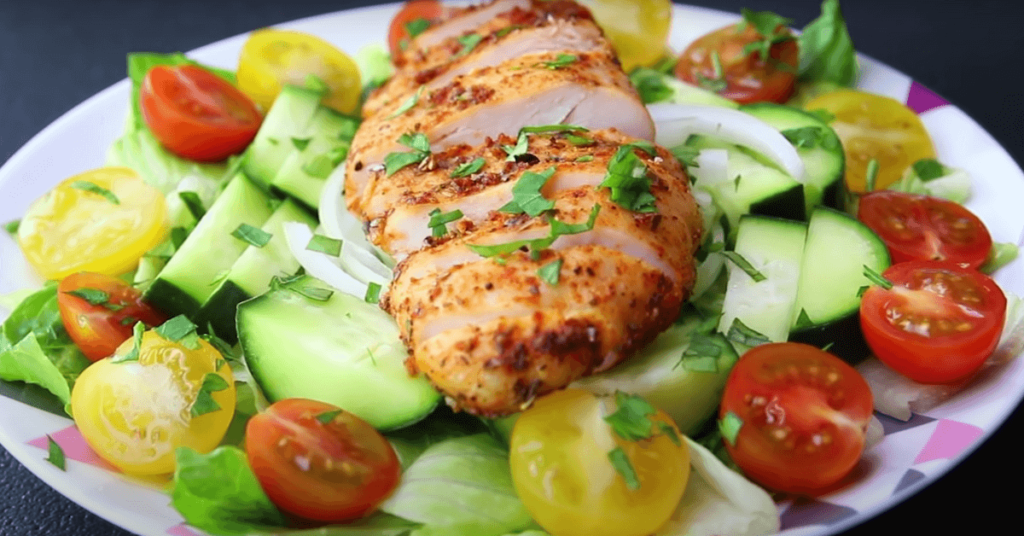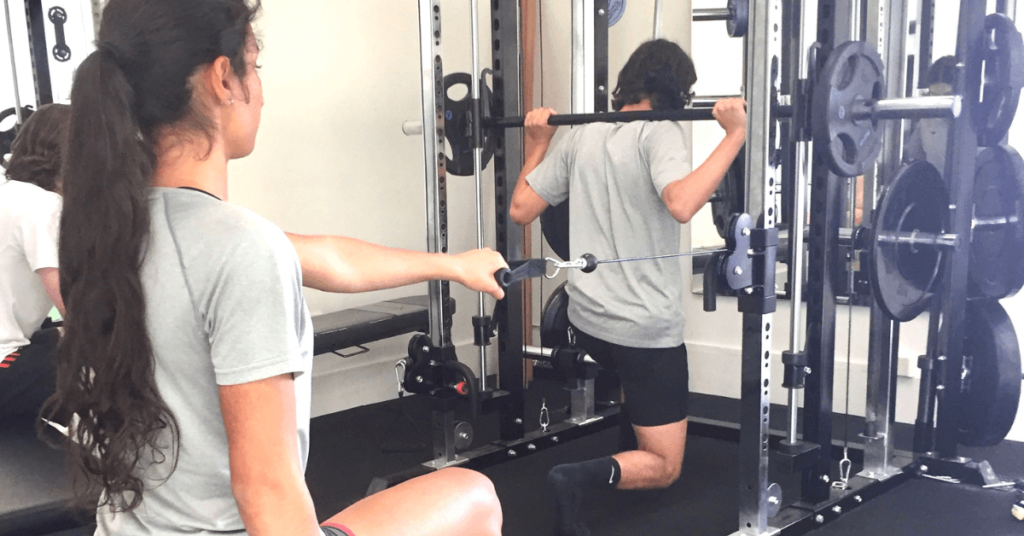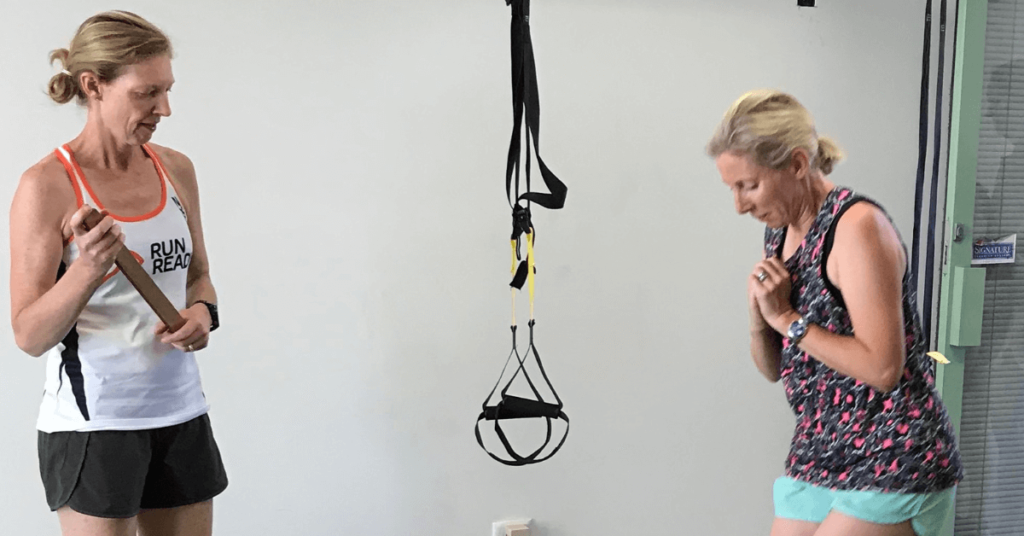What Women Should Eat To Build Muscle
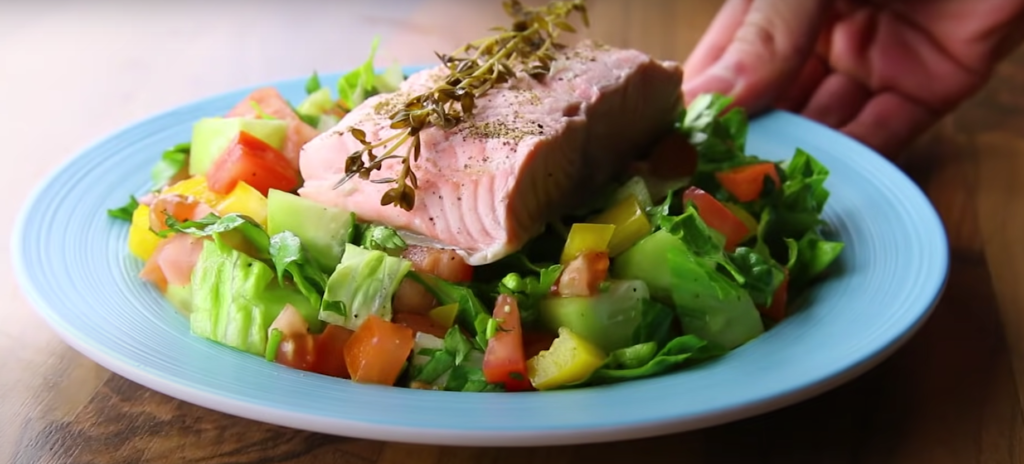
Lifting weights and working out alone won’t help you build muscle or increase strength or hypertrophy. The fact is that a regular exercise regimen and a healthy diet are both necessary for any form of body composition change, whether fat loss or muscle building. You must put in time and effort in the gym and the kitchen to gain muscle. Strength training, aerobic workouts, and a healthy and balanced diet are necessary to increase muscle growth. And to do this, you must dedicate one hundred per cent of your energy to your workout and one hundred per cent of your energy to your nutrition. This does not imply that you should develop an obsession with it. Let’s find out what types of food will be most beneficial for women who want to build mass while working out.
What are the benefits of combining strength training with a balanced diet?
There has been a recent uptick in the number of women who are joining the trend of weightlifting in order to speed up their weight loss, enhance their body composition, and get the bodies they have always wanted. Just like males, women may gain from eating for muscle growth and using protein drinks. A well-balanced, protein-rich diet and regular resistance training from a female trainer near me help:
- Improve the composition of your body
- Define your body’s curves
- Increase metabolism
- Reduce body fat
- Waist size reduction
- Helps you look and feel younger
- Strengthen your immune system
What are the best types of food for women who want to build muscle?
What meals are ideal for muscle growth and fat loss? To achieve your goals, keep in mind that exercise is necessary for addition to a healthy diet. The following is a list of foods that might aid in your journey toward your fitness goals:
Eggs
When trying to pack on muscle, eggs are the best source of protein. There is much more to eggs than meets the eye, except that they are a complete protein. Eggs finally recovered their position as a crucial nutritious protein after receiving so much negative attention due to their high cholesterol levels. One egg can provide up to 12% of your daily protein requirements due to its high protein content.
Full-fat Dairy
Drinking milk is not necessarily a terrible idea when trying to gain muscle. It has the ideal ratio of nutrients to assist muscle development and restore depleted glycogen reserves during strenuous exercise. Casein protein is also found in milk, which is slow to digest and is an excellent choice to consume before bed. Good examples of full-fat dairy products that you can consume are greek yogurt and cottage cheese.
Seafood
The protein, omega-3 fatty acids, and many minerals in seafood make it a bountiful dietary source. Seafood contains significant quantities of the important amino acid tryptophan, which has the effect of helping to build muscle. Fish are a rich source of protein and omega-3 fatty acids, which are crucial to building bigger muscle.
Beans
Edamame, kidney beans, and chickpeas are all great protein sources for the diet. Edamame, in particular, is a good source of folate, which aids in muscular strength. Beans, such as black or kidney beans, are rich in phosphorus and iron (aids in protein building.) Adding one cup of beans will help you achieve this dietary objective. Black beans contain 15 grammes, pinto beans have over 14, and kidney beans alone have over 16 grammes of the filling substance per cup. You have a vast range of options to pick from, all of which are packed with fibre, protein, and beneficial nutrients.
Lean Meats
Meat naturally contains various vitamins and minerals crucial for building muscle. In addition to iron, red meat also includes significant amounts of zinc, selenium, and B vitamins, including B2, B6, and B12. Vitamins, particularly vitamin B6, are believed to increase stamina when exercising. Lean meats like beef, turkey, and chicken are recommended for building muscle. This is why these proteins are so advantageous since they provide the body with a boost without consuming a lot of calories.
Nuts
Proteins found in specific nuts aid in muscle growth when combined with workouts that put stress on your muscles, such as pushups or weightlifting. After working out, eating nuts or other protein-rich foods promotes muscle building. For a good reason, peanuts are a staple in diets for bodybuilders. They include a range of essential nutrients, including fibre and healthy fats, and are an excellent source of protein, which aids in the body’s ability to build muscle. Additionally, unsaturated fats and other nutrients found in nuts and seeds have anti-heart disease preventive benefits.
How much protein do women need?
The daily need for protein for the typical adult is 0.8 grammes per kilogramme of body weight. 2 A person who weighs 165 pounds, or 75 kg, would require around 60 grammes of protein per day because one kilogramme is equal to 2.2 pounds. Extra protein is preferable for women who are athletic or attempting to reduce weight. 1.2 to 2.0 grammes of protein per kilogramme of body weight is a decent overall recommendation. This implies consuming between 80 and 136 grammes of protein per day for a lady who weighs 150 pounds.
Why is protein essential in a woman’s diet?
Everyone must eat adequate protein, whether young or old, men or women. However, women are more inclined than males to drink less than is ideal. Women’s protein needs are unique; therefore, it’s crucial that you and your clients understand that. It helps with muscle growth, but much more. The building blocks for bones, hair, connective tissue, and nails are proteins. Women need strong, healthy bones, especially as they become older. Consuming adequate protein helps prevent bone deterioration and slow the ageing process’ effect on bone density.
What should you eat after a workout?
The personal gym trainers at Run Ready advocate loading up on unsaturated fats, protein, and fibre or complex carbs after a workout since it will help you feel full longer and is better for your heart. It is advised to have between 30 and 60 grammes of carbs and 10 to 30 grammes of protein every meal, changing those amounts based on the activity you perform. You must consume these foods within 30 to 45 minutes of your workout.
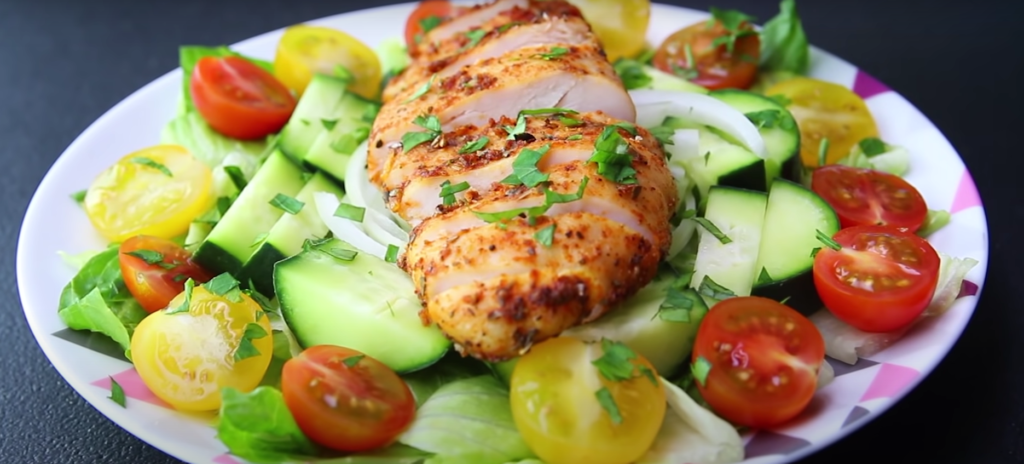
- According to Australia’s physical activity recommendations, 4 in 10 Australian individuals between the ages of 18 and 64 engaged in MSA at least twice per week in 2017–18.
In general, males and younger individuals were more likely than older adults and women to reach the MSA requirement.
Women’s Diet FAQ
Seven percent of all diseases in Australia can be attributed to poor eating habits.
Eating multiple smaller meals spaced out throughout the day is the simplest approach to prevent the lethargic state that often follows a large meal. This will ensure that your body receives consistent nourishment, and it can even aid in weight loss. Here is a list of foods that will give you energy that you may eat when you’re feeling sluggish.
- Unprocessed food
- Lean meat
- Fresh, seasonal produce
- Whole grains
- Non-caffeinated drinks
- Lots of water
To maintain their weight, most women between the ages of 19 and 30 need 2,000 to 2,400 calories per day. Nutritionists often advise eating 3 balanced meals (each containing 350–600 calories) and 1–3 snacks each day (between 150 and 200 calories each). Ages 31 to 59: significantly reduced energy requirements for women. In order to maintain their body weight, women in this age bracket need typically take 1,800–2,200 calories each day.
Weight reduction for women may mostly depend on diet and exercise, but there are a lot of other factors at play. Fortunately, a few minor adjustments to your daily routine can have a significant impact on your ability to lose weight.
- Cut down on refined carbs
- Drink more water
- Increase protein intake
- Sleep regularly
- Do cardio exercises
- Eat fibre-rich foods
Because of our natural hormones, persons with normal female anatomy often have a harder time putting on muscle than people with typical male anatomy. There are other more factors that have been shown to make it much more difficult, such as hormonal birth control. But this does not mean that it’s impossible for women to build muscle. With a balanced diet and the proper strength and resistance training, you can build muscle mass like men.

